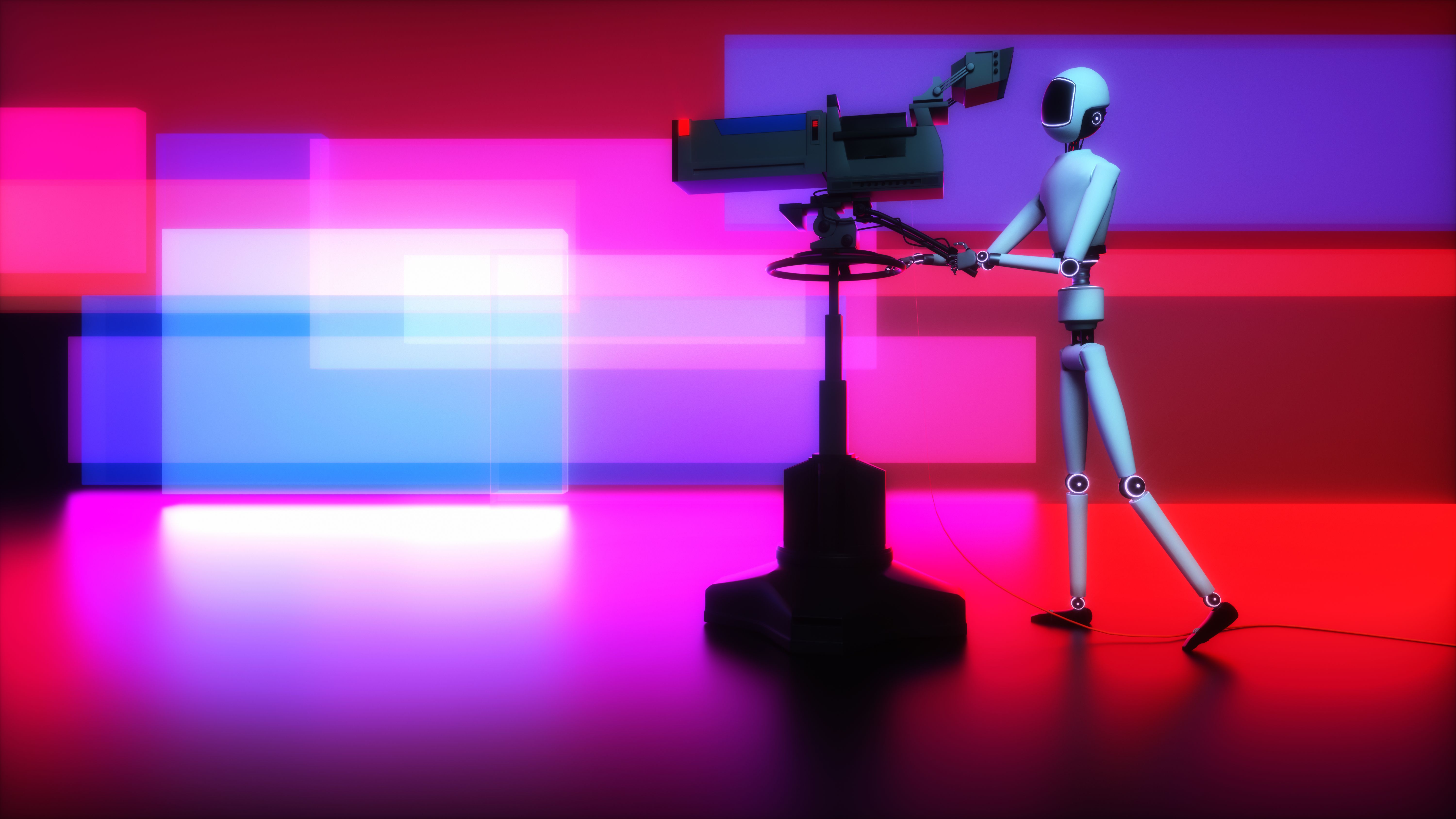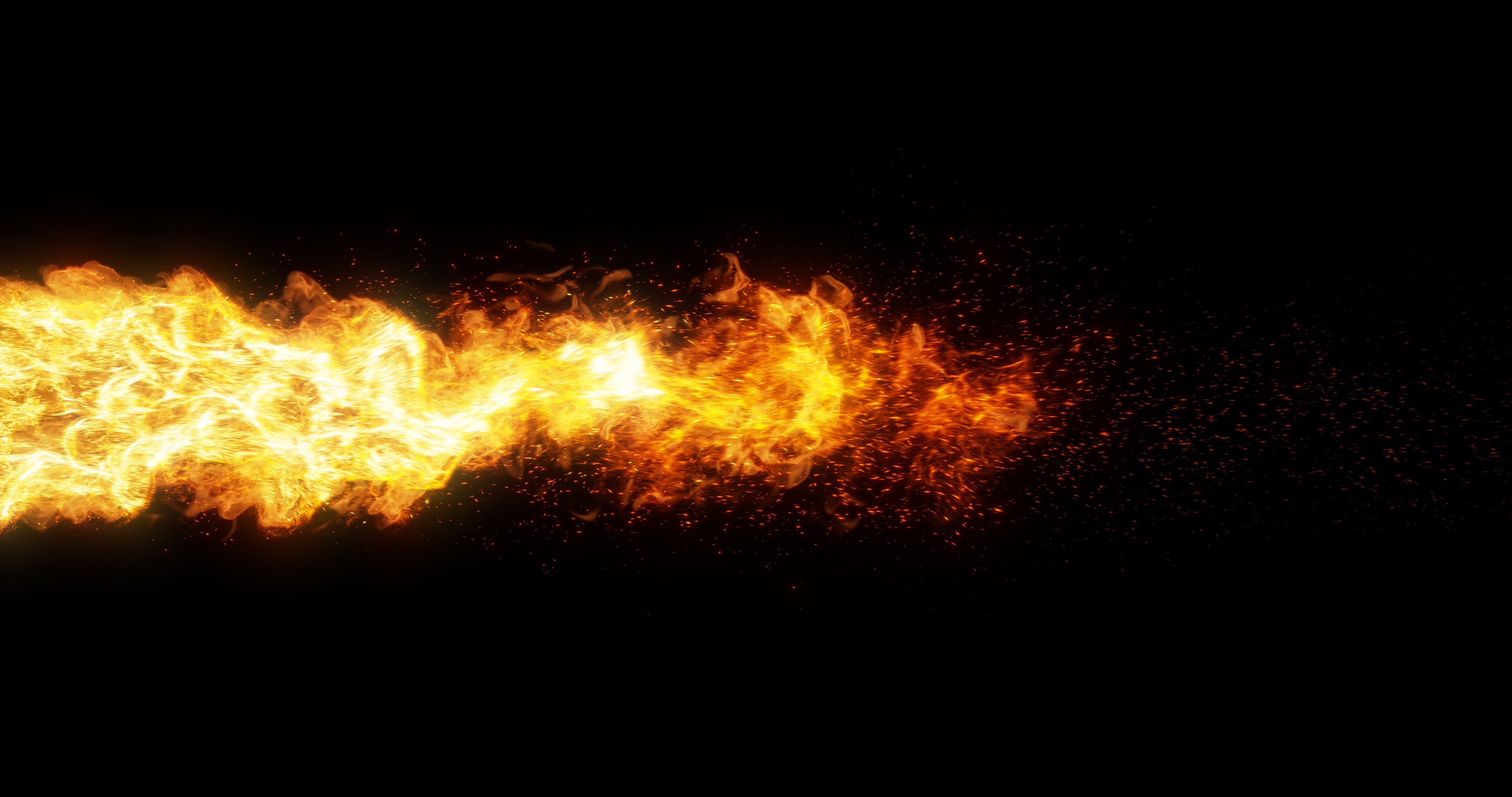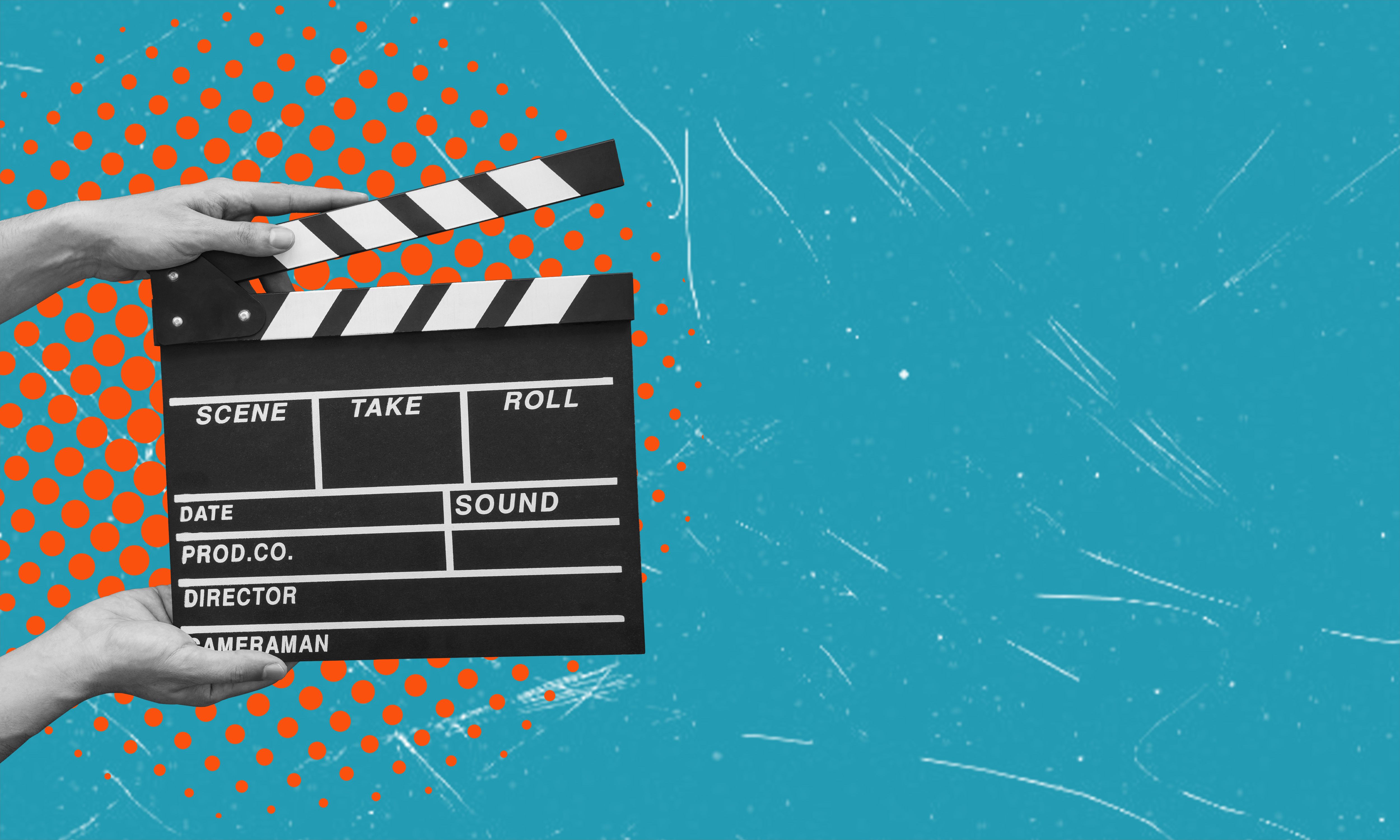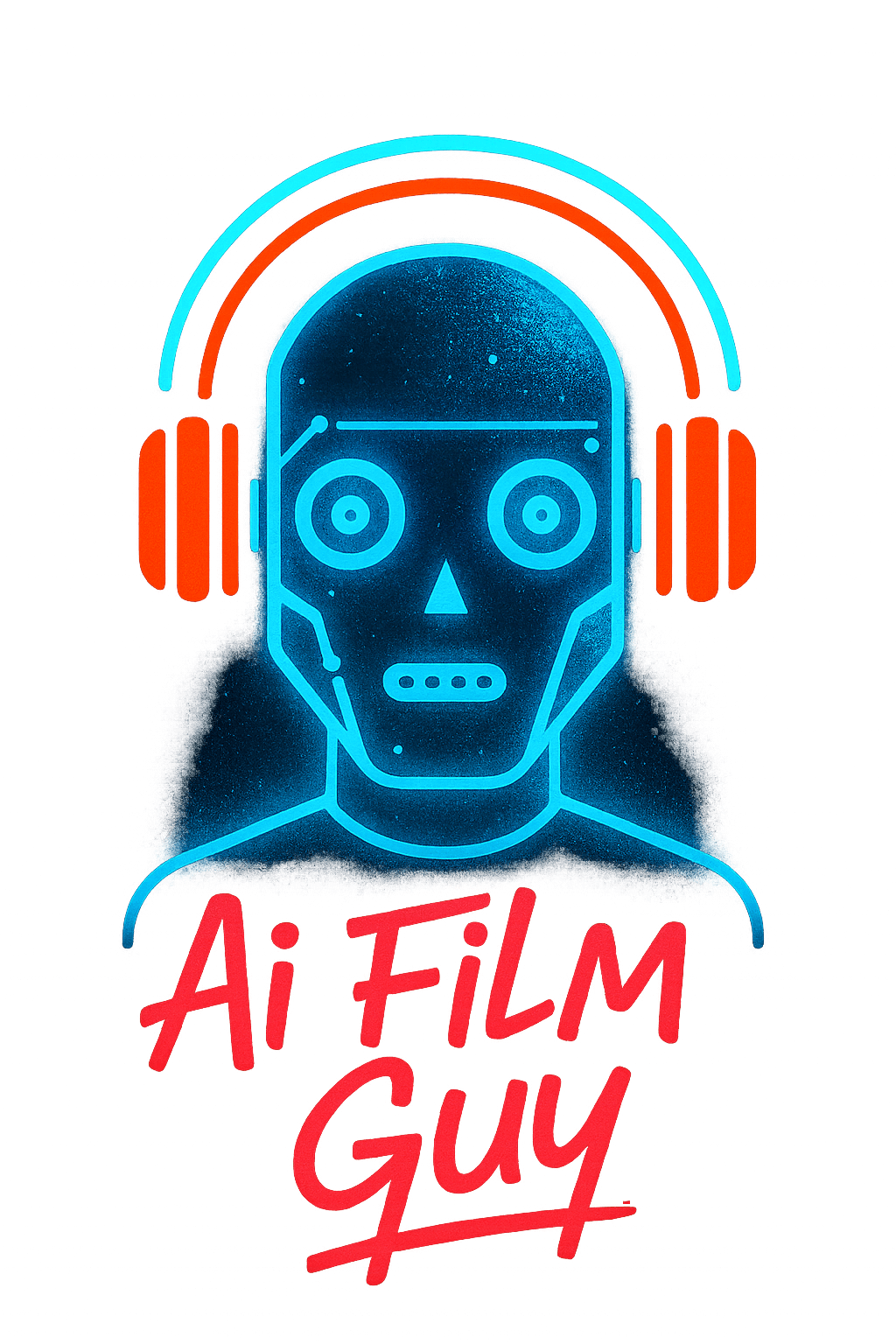AI's Impact on Hollywood: Transforming the Film Industry
JS
The Rise of AI in Filmmaking
The film industry has always embraced technological advancements, from the introduction of sound in movies to the shift from black-and-white to color film. Today, a new wave of innovation is sweeping through Hollywood: Artificial Intelligence (AI). This technology is not only transforming how movies are made but also reshaping the way audiences experience them.
AI's impact on the film industry extends beyond special effects and CGI. It is revolutionizing scriptwriting, editing, and even casting processes. AI algorithms can analyze vast amounts of data to predict box office success, helping filmmakers make informed decisions before production even begins.

AI-Driven Scriptwriting
One of the most intriguing applications of AI in Hollywood is its role in scriptwriting. AI tools can assist writers by generating plot ideas, suggesting dialogue, and even creating entire scripts. By analyzing successful films, AI can identify patterns and themes that resonate with audiences, enabling writers to craft stories with a higher likelihood of success.
While some purists argue that AI cannot replicate the human touch, others see it as a valuable collaborator that offers fresh perspectives and reduces writer's block. As AI continues to evolve, its ability to understand and mimic human emotions will likely improve, making it a formidable tool in the creative process.
Enhancing Visual Effects
AI has significantly advanced visual effects in filmmaking. Machine learning algorithms can analyze and enhance footage, creating stunning visuals that were once thought impossible. This has led to more immersive viewing experiences, with films like "The Lion King" and "Avengers: Endgame" pushing the boundaries of what can be achieved on screen.

Moreover, AI is also being used to de-age actors or even bring deceased actors back to life through digital resurrection. This technology enables filmmakers to tell stories without the limitations of time or mortality, opening up a world of creative possibilities.
Streamlining Film Editing
Film editing is a time-consuming process that requires meticulous attention to detail. AI is streamlining this aspect of filmmaking by automating routine tasks such as sorting through hours of footage and identifying the best takes. This allows editors to focus on the creative aspects of their work, enhancing the overall quality of the final product.
In addition, AI-powered editing tools can recommend cuts and transitions based on pacing and narrative flow, helping editors craft more engaging stories. As AI technology advances, its role in editing will likely become even more integral.
AI in Casting and Marketing
AI is also transforming casting by analyzing actors' performances and matching them with roles that suit their strengths. This data-driven approach ensures that casting decisions are not solely based on intuition but backed by empirical evidence.

Furthermore, AI plays a crucial role in marketing films. By analyzing social media trends and audience preferences, AI can identify target demographics and tailor marketing strategies accordingly. This ensures that promotional efforts are more effective, reaching the right audience with personalized content.
The Future of AI in Hollywood
The integration of AI into Hollywood is still in its early stages, but its potential is undeniable. As technology continues to evolve, it will likely become an indispensable part of the filmmaking process. AI promises to democratize filmmaking by providing creators with tools previously reserved for big-budget productions.
Ultimately, while AI may never replace human creativity entirely, it serves as a powerful ally that enhances the art of storytelling. The future of film will be defined by a harmonious blend of human ingenuity and artificial intelligence, offering audiences richer and more diverse cinematic experiences.
